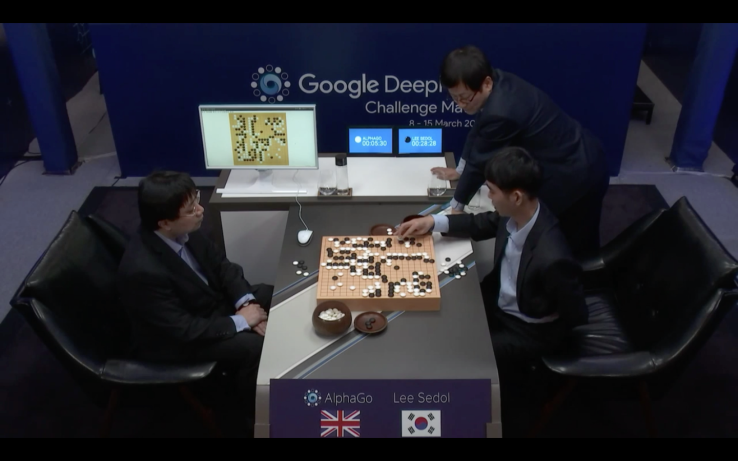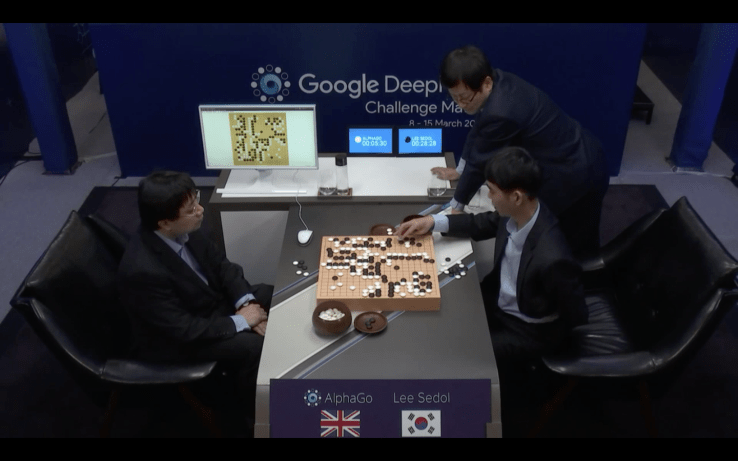

Much was written of an historic moment for artificial intelligence last week when a Google-developed AI beat one of the planet’s most sophisticated players of Go, an East Asia strategy game renowned for its deep thinking and strategy.
Go is viewed as one of the ultimate tests for an AI given the sheer possibilities on hand. “There are 1,000,000,000,000,000,000,000,000,000,000,000,000,000,000,000,000,000,000,000,000,000,000,000,000,000,000,000,000,000,000,000,000,000,000,000,000,000,000,000,000,000,000,000,000,000,000,000,000,000,000,000,000,000,000,000,000,000 possible positions [in the game] — that’s more than the number of atoms in the universe, and more than a googol times larger than chess,” Google said earlier this year.
If you missed the series — which AlphaGo, the AI, won 4-1 — or were unsure of exactly why it was so significant, Google summed the general importance up in a post this week.
Far from just being a game, Demis Hassabis, CEO and Co-Founder of DeepMind — the Google-owned company behind AlphaGo — said the AI’s development is proof that it can be used to solve problems in ways that humans may be not be accustomed or able to do:
We’ve learned two important things from this experience. First, this test bodes well for AI’s potential in solving other problems. AlphaGo has the ability to look “globally” across a board—and find solutions that humans either have been trained not to play or would not consider. This has huge potential for using AlphaGo-like technology to find solutions that humans don’t necessarily see in other areas.
Hassabis also pointed that the match-up, which was billed as man versus machine, is actually a test of man versus man because AlphaGo itself is a creation:
AlphaGo is really a human achievement. [Go World Champion and AlphaGo opponent] Lee Sedol and the AlphaGo team both pushed each other toward new ideas, opportunities and solutions — and in the long run that’s something we all stand to benefit from.
The DeepMind CEO paid tribute to the brilliance of Lee, who himself said that his single match victory was an important landmark, and kept his feet on the ground about the future of artificial intelligence despite the progress made.
“We’re still a long way from a machine that can learn to flexibly perform the full range of intellectual tasks a human can — the hallmark of true artificial general intelligence,” Hassabis said.
That sounds like it’s straight back to the grind for DeepMind now that the celebrations are over. This past week’s activities have helped shine a light and raise awareness of what’s possible, and no doubt they’ll be heightened interest in DeepMind’s future projects, regardless of whether they include games of Go.

